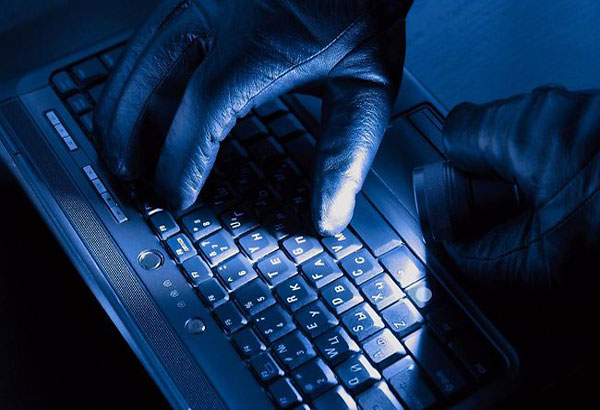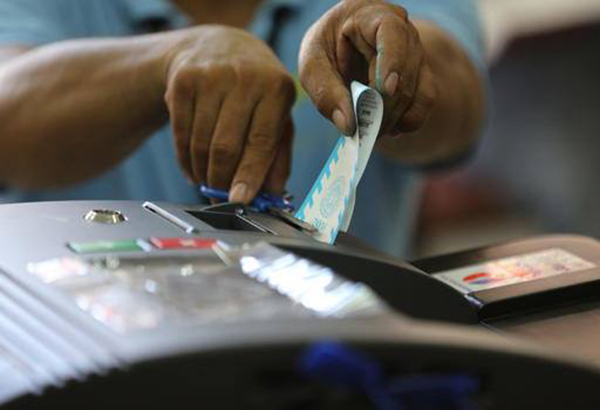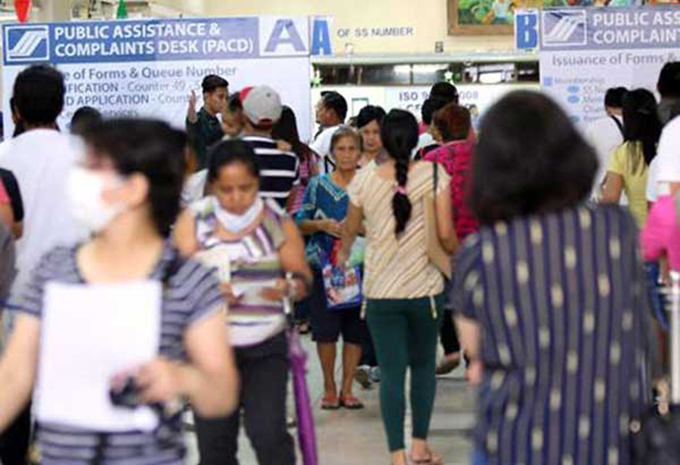
Facebook recently admitted that information on most of its 2 billion users are vulnerable after a data scandal involving political consulting firm Cambridge Analytica. Facebook users in the Philippines was the biggest to be collected after the United States’.
It was not the first time, however, that a massive data breach involved information of Filipinos.
“OA. Mas maraming important info sa Comeleak ang lumabas. Ba’t ‘di kayo nagwala sa Comeleak. Bwesit,” one Twitter user said, reacting to a news story on the Facebook issue.
Another tweeted: “Para sa mga tangang nagrereklamo sa FB leak, ‘yung fingerprints niyo sa voters information niyo ay nagkalat somewhere, ba’t ‘di kayo nagagalit sa Comeleak, mga hipokrito.”
Two years ago, a group of hackers called the LulzSec Pilipinas infiltrated the database of the Commission of Elections in an incident dubbed as “Comeleak.”
What Comeleak knows about you
The Comelec leak compromised the record of over 70 million active and inactive registered voters. Information that was accessed include their full names, birth dates, their parents’ names, some passport details and home and e-mail addresses.
Even as the Comelec denied that biometric information was captured, experts still pointed out the danger that voters’ information can be used to steal identities.

All of it was shared on Facebook via three download links.
Ten months later, then Comelec chairman Andres Bautista admitted that a computer was stolen in the election office of Lanao del Sur.
The incident caused him to face criminal charges.
However, it did not cause any negative impact on the 2016 national elections, according to NPC commissioner Raymund Liboro.
Fast track to now and the public is once again facing another breach — through their Facebook accounts.
What Facebook knows about you
Facebook stores all the information from a user’s account, as well the info of the affected user’s virtual friends.
Although the specific data has not yet been disclosed, Digital Trends shared that if one gets hold of a Facebook account, a person’s timeline data, threads of private messages, About Me page and activity log can be compromised.
A more detailed version of the information you’ve made available to Facebook could be found in your downloadable data archive.

A data archive contains a Facebook user’s generic personal info, marketing info, credit card info, timeline info, a list of the apps and badges you’ve joined, events you’ve joined, pages you are an administrator of, notes you’ve published, virtual pokes you’ve given and received, your connection information, facial recognition data and account information, among others.
However, Facebook’s Help Center states that you will not get a copy of your deleted content.
The verdict
Comeleak exposed information that would be also available to different government agencies.
When a person applies for a Social Security Number, for example, he is bound to give personal information that is legally obtainable. The same information would be given if to fulfill requirements for a PhilHealth or PAG-IBIG ID, for instance.

However, the data found on Facebook contains a user’s online activity and identity. It tracks places he has been, credit card information, private messages and so much more.
Facebook, if it chooses to do so legally or otherwise, can give provide details of a person’s digital life, which cannot be obtained in a Comelec database.









